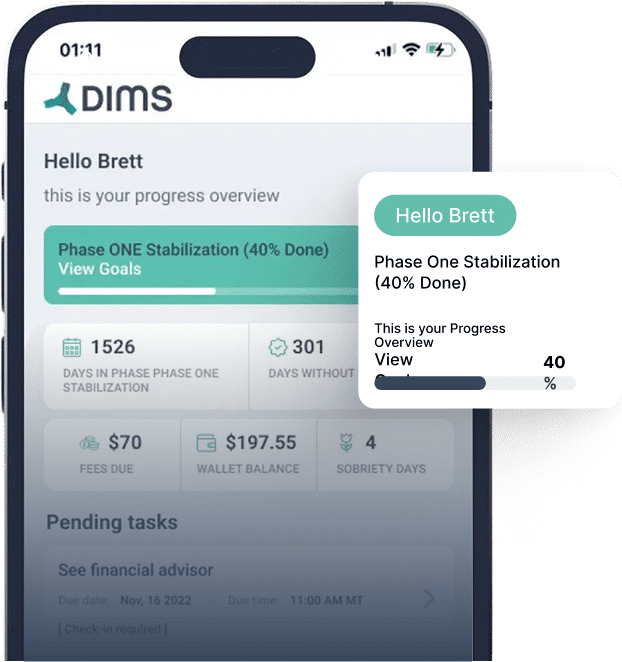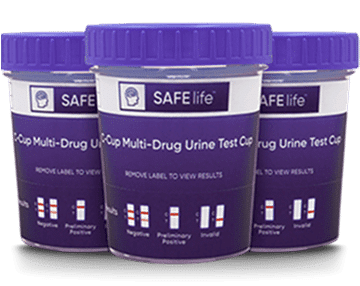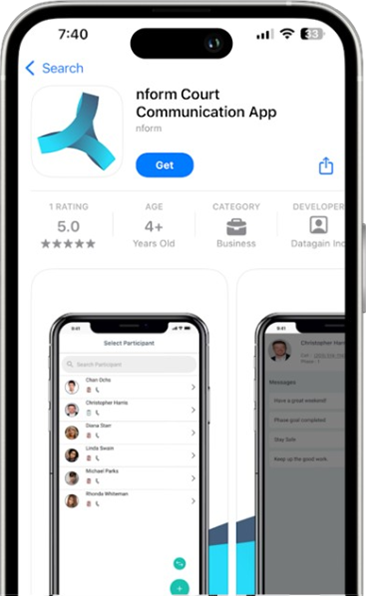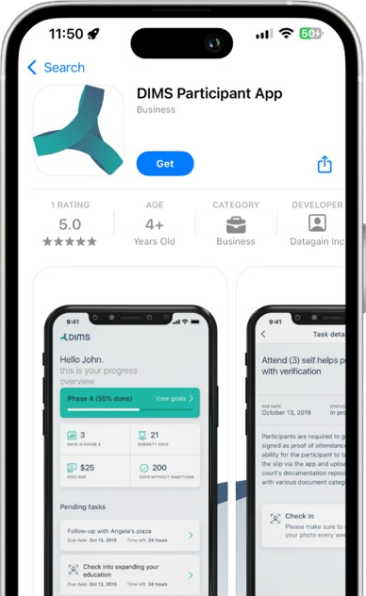- Trusted by courts in 46 States
The Future of Criminal Justice Systems and Drug Testing
We provide problem-solving solutions tailored to the unique needs of specialty courts. Our approach supports better outcomes through innovation, efficiency, and expertise.
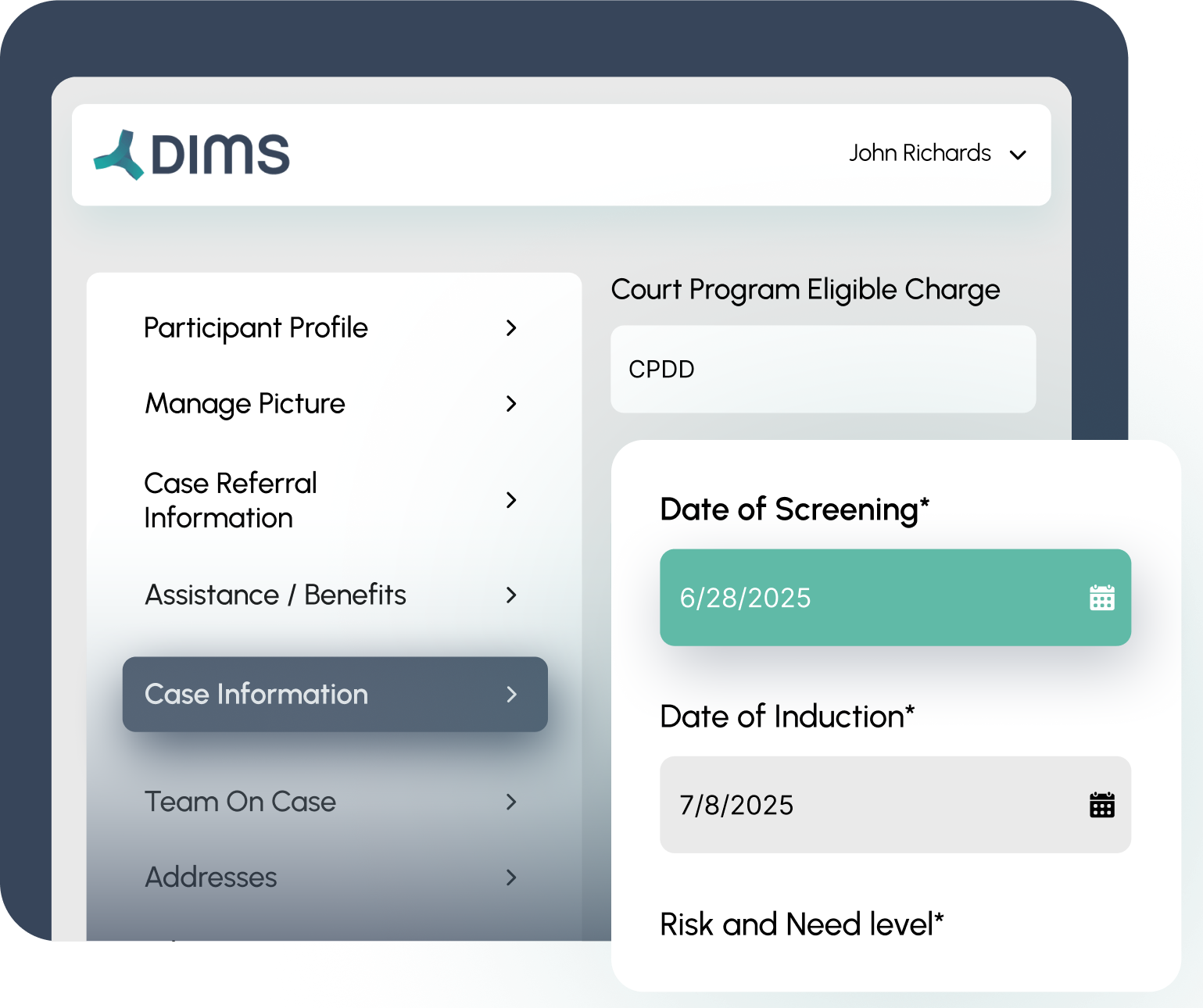
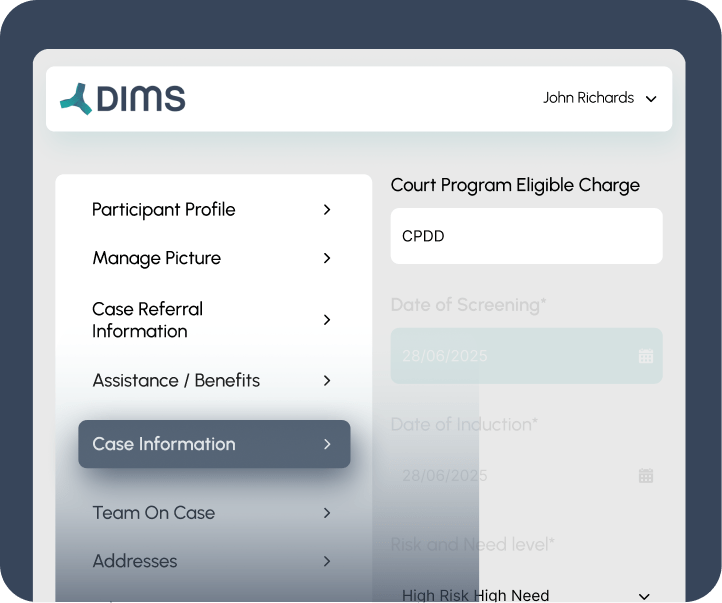
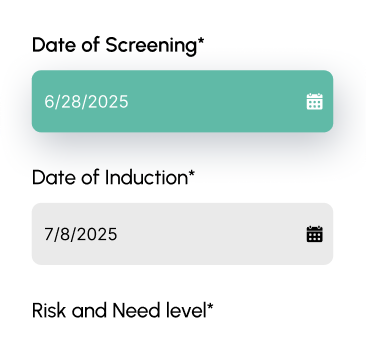
Treatment Courts
Specialty Court Case Management made simple, secure, and collaborative.
Discover comprehensive, customizable, and secure tracking of participant data. DIMS provides comprehensive, visual analytics and reporting on a HIPPA compliant platform.
Probation and Pretrial
Cloud-based probation & pretrial software to manage clients, supervise cases & risk assessment. Vertically integrated with case management, lab information systems, and accounting platforms to provide a comprehensive, customizable platform that prevents duplicate entries of people and resources.

Lab Management
Increase sample volume throughput while reducing staff time to manage drug testing. Automate your results distribution and ensure the accuracy of reported results with an integrated lab management solution. Our system streamlines the entire testing workflow—from sample collection to result reporting—minimizing manual entry, reducing errors, and enabling faster decision-making.
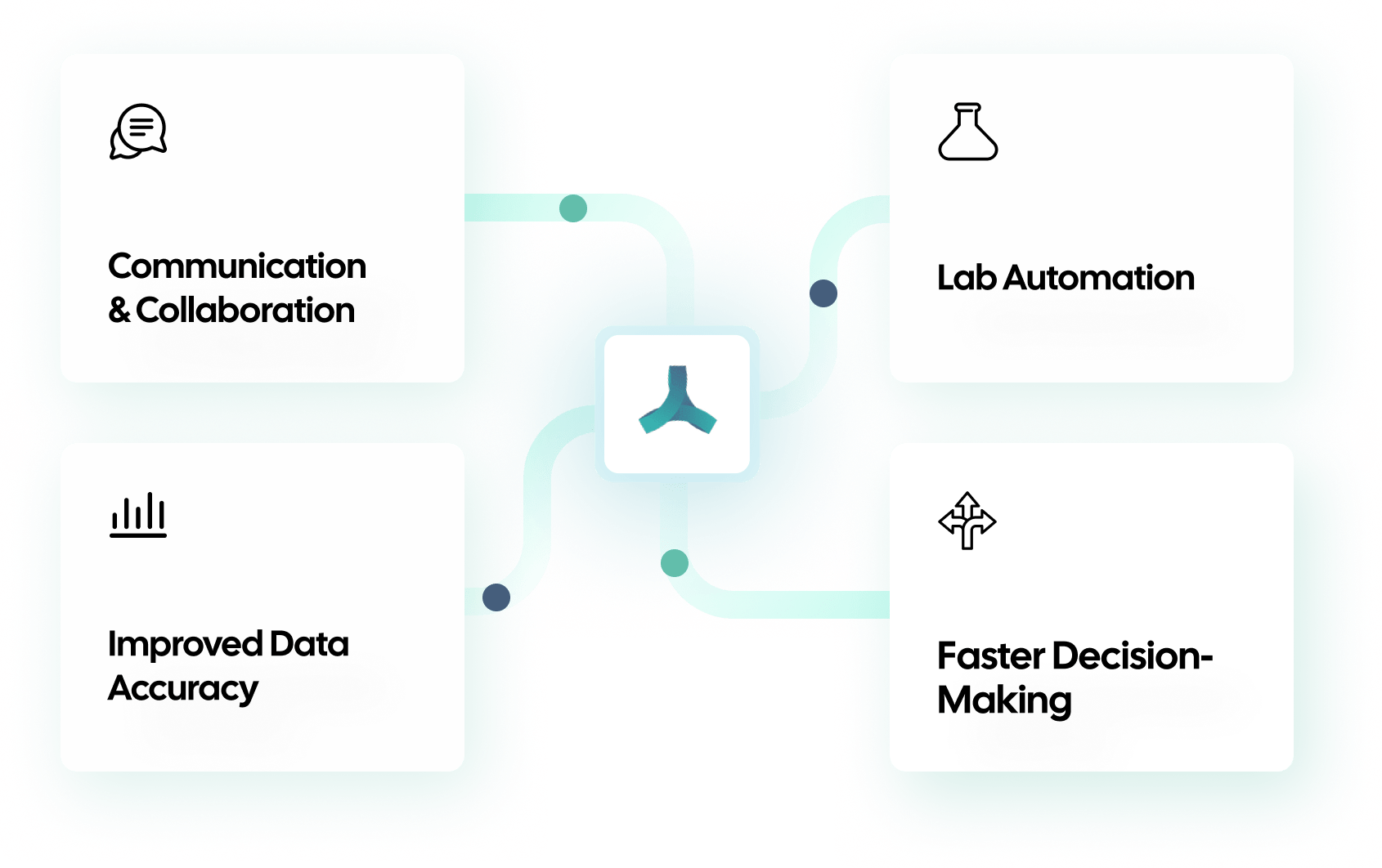
DIMS TOX
All in 1 digital solution including laboratory information management for instrument or instant testing with the integrated confirmation testing
Sure Digital Cup
Sure Digital Cup helps improve the accuracy of results reported, and Eliminates errors in data delivery. The ancillary app helps to remove prejudice and integrates with Lab Management Systems for better data management.
React Breathalizer
Instantly test alcohol levels with a portable breathalyzer connected to the client’s phone via Bluetooth. Share results in real-time with all staff members. Facial recognition and Mobile device management avialable.
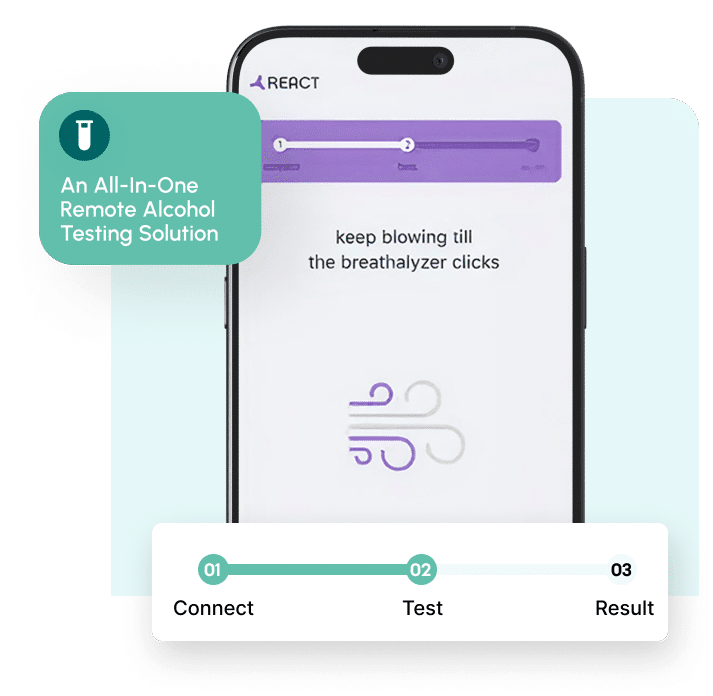
Tools that Keep you Connected
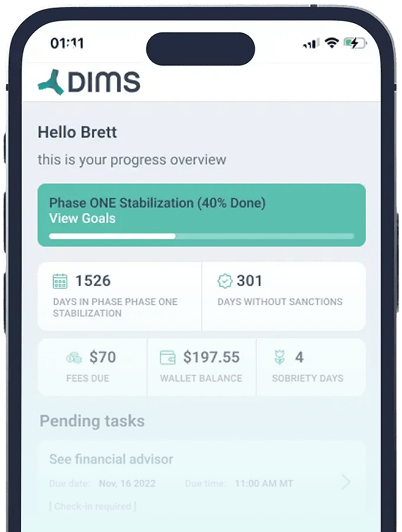
Participant Supervision
Cloud-based probation & pretrial software to manage clients, supervise cases & risk assessment. Vertically integrated with case management, lab information systems, and accounting platforms to provide a comprehensive, customizable platform that prevents duplicate entries of people and resources.
DIMS Advantages

Customizable
From Adult Treatment courts to DUI Courts, each court has different needs to best serve their participants. We have customized versions for different types of courts

Adaptable
No long term contracts. We want to ensure that you have access to a reliable, affordable system that works for you. We’ll adjust your contract as funding and court size change. Your court’s sustainability is a top priority.

Support-oriented
We prioritize developing long-term relationships with our customers and are committed to service. Responsivity and support are a top priority.

Reliable
No risk, guaranteed. Try our system before you purchase our services. Already have another contract? No problem. You can fulfill your current contract without paying for two systems.

Industry Experts
We stay on top of changes and trends in treatment courts. We’ll keep you informed on innovative program pieces and we are continuously incorporating new standards into our system.
Committed
We are committed to service. We’ll work with you to make sure you’re getting the functionality and outcomes you need, and to achieve all of your program’s goals, we’ll make specific customizations for your court.
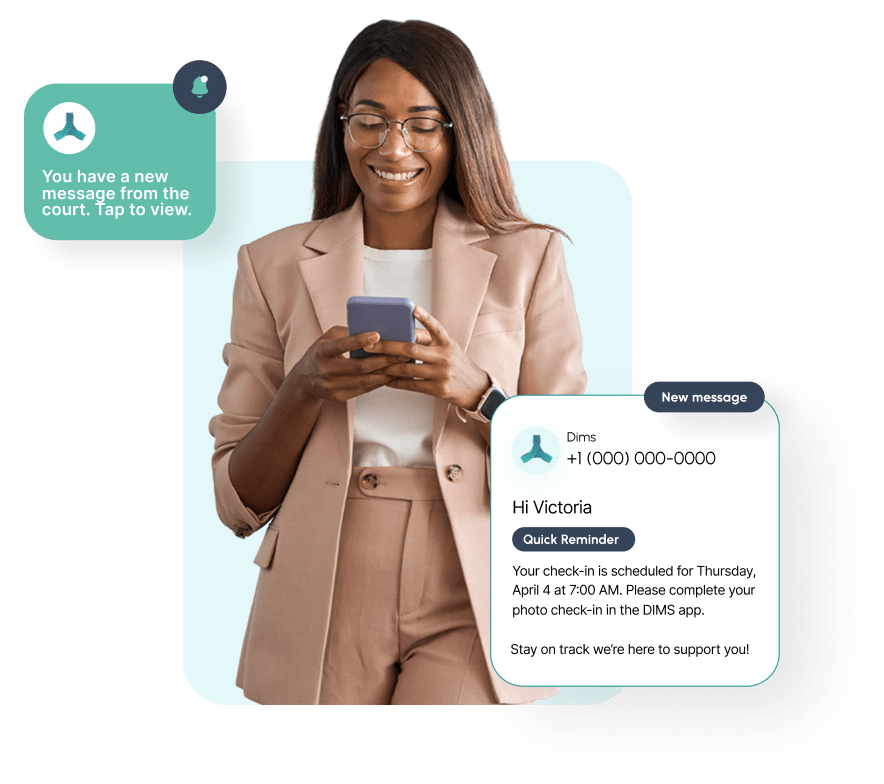
Send Notifications
Send automated notifications reminding participants to check in and submit a photo for verification. Each check-in includes a timestamp and geo-tag, ensuring the participant’s location is accurately recorded at the moment of submission.
This real-time data is instantly available to court officials, allowing them to monitor compliance efficiently without manual follow-up.
DIMS is a Better way of Working Together to Bring Justice Reform
From superior functionality to features that don’t exist on any other platform, the DIMS product suite is an all-in-one solution for your treatment court needs.
Communicate
From Adult Treatment courts to DUI Courts, each court has different needs to best serve their participants. We have customized dockets for the many types of specialty courts
Collaborate
No long term contracts. We want to ensure that you have access to a reliable, affordable system that works for you. We’ll adjust your contract as funding and court size change. Your court’s sustainability is a top priority.
Track
We prioritize developing long-term relationships with our customers and are committed to service. Responsiveness and support are a top priority.
Trusted by Many Courts Nationwide
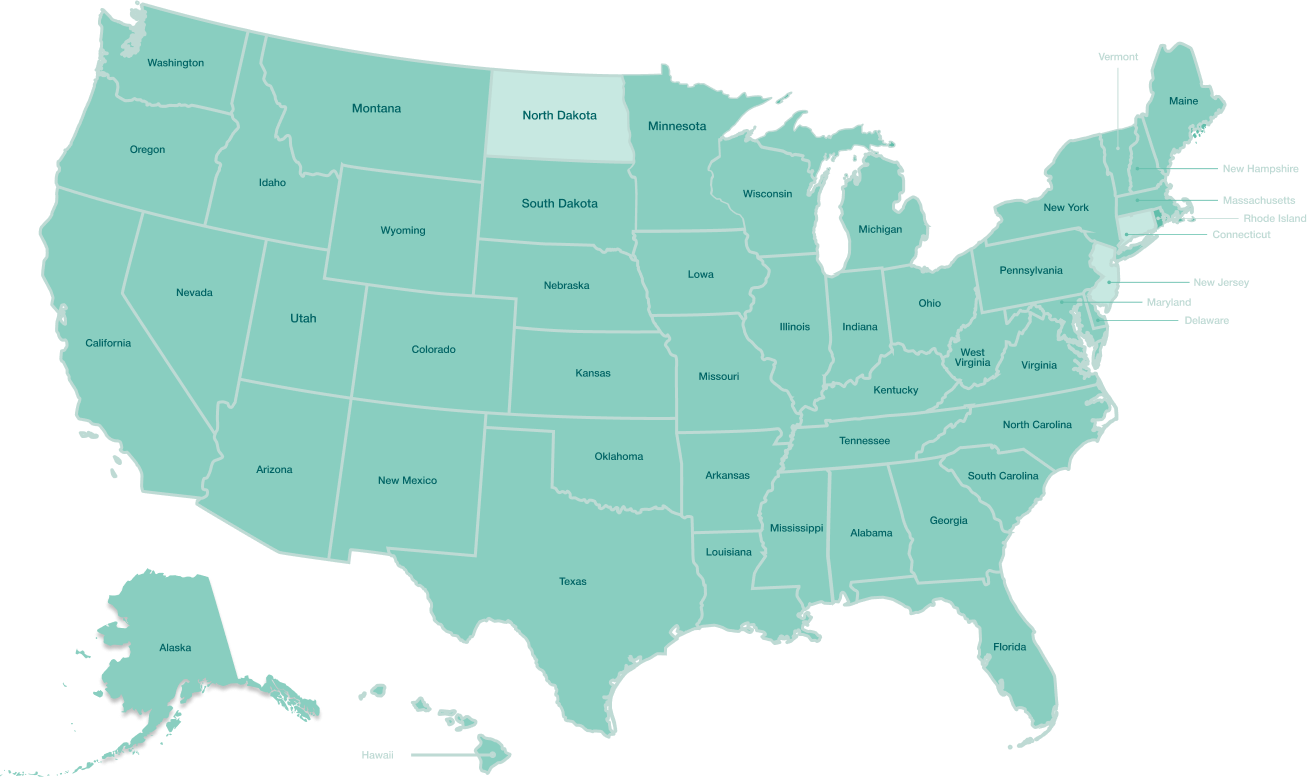
Designed by Justice Professionals for today’s Unique Treatment Court Needs.
Discover how DIMS can transform your court operations. From streamlined case management to automated check-ins and real-time reporting, DIMS empowers your team with smart tools for better outcomes.
Hi! We are always here to help you
Frequently Asked Questions
The first treatment court program was implemented in Miami, Florida in 1989. Since then, over 3800 treatment court programs have been established in the United States. Every year, over 6000 practitioners gather together for a National training and to celebrate these life-saving programs.
The first treatment court program was implemented in Miami, Florida in 1989. Since then, over 3800 treatment court programs have been established in the United States. Every year, over 6000 practitioners gather together for a National training and to celebrate these life-saving programs.
The first treatment court program was implemented in Miami, Florida in 1989. Since then, over 3800 treatment court programs have been established in the United States. Every year, over 6000 practitioners gather together for a National training and to celebrate these life-saving programs.
The first treatment court program was implemented in Miami, Florida in 1989. Since then, over 3800 treatment court programs have been established in the United States. Every year, over 6000 practitioners gather together for a National training and to celebrate these life-saving programs.
The first treatment court program was implemented in Miami, Florida in 1989. Since then, over 3800 treatment court programs have been established in the United States. Every year, over 6000 practitioners gather together for a National training and to celebrate these life-saving programs.
The first treatment court program was implemented in Miami, Florida in 1989. Since then, over 3800 treatment court programs have been established in the United States. Every year, over 6000 practitioners gather together for a National training and to celebrate these life-saving programs.
The first treatment court program was implemented in Miami, Florida in 1989. Since then, over 3800 treatment court programs have been established in the United States. Every year, over 6000 practitioners gather together for a National training and to celebrate these life-saving programs.
The first treatment court program was implemented in Miami, Florida in 1989. Since then, over 3800 treatment court programs have been established in the United States. Every year, over 6000 practitioners gather together for a National training and to celebrate these life-saving programs.
Boost Productivity with the Top Treatment Court App
At Datagain, we believe superior technology should be accessible to all courts, no matter the court’s location, size, or budget. We learned how expensive existing systems were for smaller, rural courts and that many of the critical features needed were lacking. We knew we had to build something better. We’re excited to start that conversation with you.
